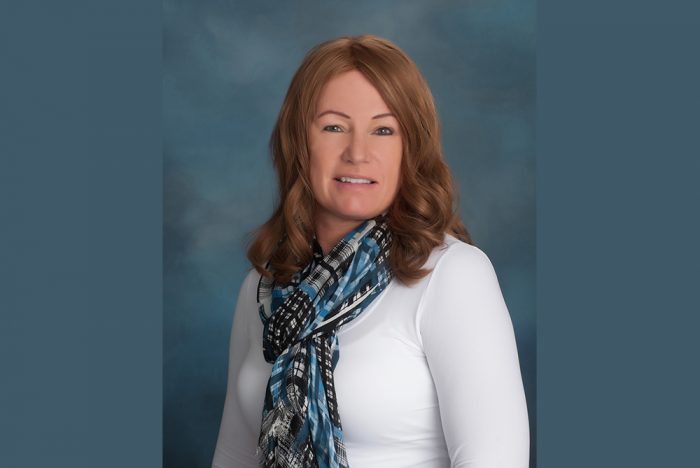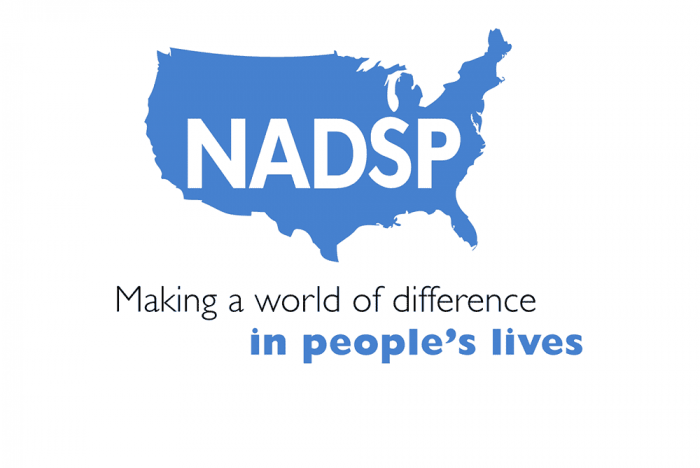The Office of Developmental Programs (ODP) has submitted, through bulk entry, all intermediate care facility (ICF) and ODP residential providers who have not applied for vaccinations through the Federal Pharmacy Partnership (FPP) previously. As a result, residential providers do not need to apply using the forms linked below that were included in the recent announcement regarding on-going support offered through the Regional Congregate Care Assistance Teams (RCAT), a new, more limited version of the Regional Response Health Collaborative (RRHC) program. From December 31, 2020 through February 28, 2021, other ODP programs will need to apply through the link if not already enrolled.
COVID Vaccine
- Facilities will be contacted directly by CVS or Walgreens if enrolled in the Federal Pharmacy Partnership.
- If not enrolled in the pharmacy program, please complete this form – PA Long-Term Care Facility State COVID-19 Vaccination Partnership – or reach out to this contact.
Consent for the Vaccine
For individuals with intellectual and developmental disabilities (IDD) served in residential settings, the provider is able to give consent for vaccination when there is no other decision-maker as they would be acting as the health-care representatives under Act 169. Information regarding this consent can be found in this regulatory citation.
Health-care representative details can be included in the individualized service plan (ISP).
Free Webinar
StationMD is offering a free webinar to help address questions and concerns relating to the COVID-19 vaccination, especially as it relates to individuals with intellectual and developmental disabilities and their circle of support. This informational webinar will cover the latest data and resources on the vaccines, including how they work, the vaccination schedule and process, side effects, and medical concerns for individuals with IDD. The webinar is offered on the following dates:
- Thursday, January 7, 2021 from 11:00 am – 12:00 pm Eastern Standard Time (EST) REGISTER HERE
- Wednesday, January 13, 2021 from 2:00 pm – 3:00 pm EST REGISTER HERE
- Friday, January 15, 2021 from 10:00 am – 11:00 am EST REGISTER HERE
- Tuesday, January 19, 2021 from 10:00 am – 11:00 am EST REGISTER HERE
For further information, contact Carol Ferenz, Director of IDD Division.
















